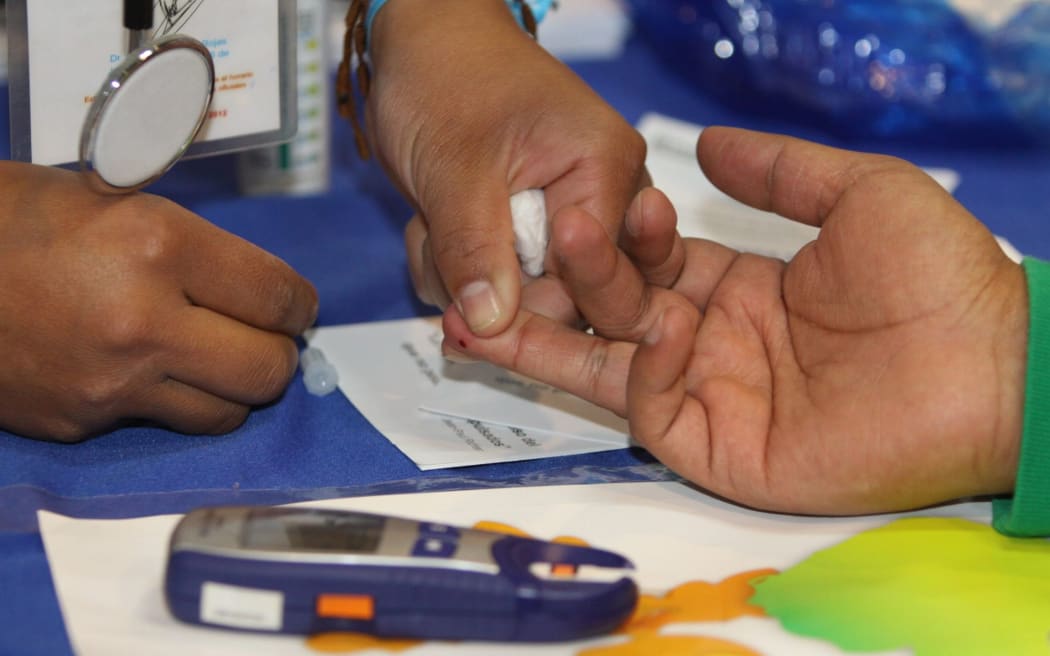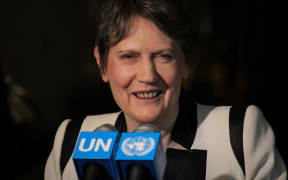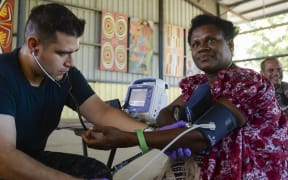The United Nations Food and Agriculture Organisation says the full extent of a crisis of non-communicable diseases in the region is yet to be fully acknowledged.

Diabetics must monitor their blood sugar levels frequently. Photo: AFP
Tim Martyn, from the FAO's Fiji office, said over the past few decades, many people have shifted from traditional nutrient-rich diets to cheaper foods high in sugars, salts and fats -- an unintended consequence of trade liberalisation.
He said this has led to a generation of Pacific islanders having some of the highest rates of preventable diseases in the world.
Dr Martyn said health campaigns have raised awareness, but they do little when families can barely afford the healthier alternative.
"That's what we think hasn't quite been acknowledged. Price has a large influence over preferences. You may prefer to buy a Mercedes, but you can only afford a Toyota. So you're going to go out and buy what you can afford, and so households have the diet they can afford to eat. And you can educate and you can inform, but unless we back that up with improved access to an affordable diet then we're not going to see real change," said Tim Martyn.
Dr Martyn says a major conference this week hopes to widen the scope of the response and find more practical solutions.






